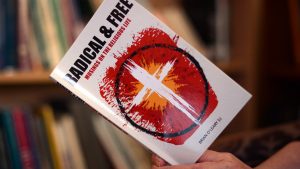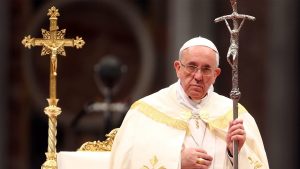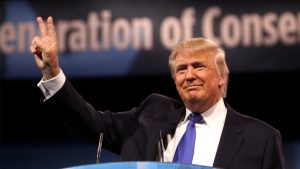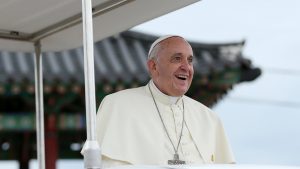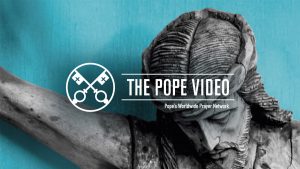Luther, Lund and the Pope

Pope Francis will travel to Sweden in October for a joint ecumenical commemoration of the start of the Reformation, with leaders of the Lutheran World Federation. The event will take place on 31 October in the cathedral in the southern Swedish city of Lund where the Lutheran World Federation was founded in 1947. It marks the start of a year of events to mark the 500th anniversary of the Protestant Reformation which will highlight the important ecumenical developments that have taken place during the past 50 years of dialogue between Catholics and Lutherans.
Brian O’Leary SJ, the Irish Jesuit Province’s Coordinator for ecumenism says the Lund gathering is an highly significant event in the history of the Church. “The date is carefully chosen – 31 Oct – when Luther publicly displayed his 95 theses in Wittenberg and so challenged the Pope of the day. Now another Pope, Francis I, is joining the President of the World Lutheran Federation (Bishop Munib A. Younan) and its General Secretary (Dr. Martin Junge) in a day of remembering together a shared history.” Read his full reflection on the event, below.
Brian O’Leary SJ
The year 2017 will mark the 500th anniversary of the Protestant Reformation. The event that symbolically marked the beginning of that religious movement was Martin Luther’s nailing of 95 theses on the door of the Castle Church in Wittenberg on 31st October, 1517. The theses (propositions) were expressed in measured, academic language. It was not unusual to invite debate in this manner. But it was clear that Luther was challenging papal power and papal teaching, especially its support for the toxic and unpopular practice of the selling of indulgences.
However, what could have been a civilized debate between theologians developed into a bitter, divisive, even bloody conflict. Secular rulers got involved so that it became difficult to distinguish the religious from the political. In 1521 the Pope excommunicated Luther, while at the same time Charles V placed him under the ban of the empire (turning him into a fugitive). What followed was profoundly sad. By the end of Luther’s life nearly half of western Christendom had become detached from Rome. Luther was by no means the only one responsible for this rupture but he was its principal catalyst.
Five hundred years later Catholics and Lutherans find themselves in a different world. They have grown in a willingness to listen sensitively and in friendly fashion to each other. The Second Vatican Council made a significant difference. It enabled Catholics to leave aside centuries of condemnation and suspicion, and it even adopted some of the reforms advocated by Luther (e.g. in liturgy). Lutheranism, on its side, had become a worldwide communion and, decades before Rome joined, had been part of the modern ecumenical movement.
The year 2017 will also mark the 50th anniversary of official Roman Catholic-Lutheran dialogue. There have been important milestones within that period, the most recent being a determination to commemorate the 500th anniversary of the Reformation together. A key document, aimed at encouraging and facilitating this joint approach is entitled: From Conflict to Communion: Lutheran-Catholic Common Commemoration of the Reformation in 2017 (2012).
All this is background to the meeting to be held in Lund, Sweden on 31st October 2016. The date is carefully chosen – when Luther publicly displayed his 95 theses in Wittenberg and so challenged the Pope. Now another Pope, Francis I, is joining the President of the World Lutheran Federation (Bishop Munib A. Younan) and its General Secretary (Dr. Martin Junge) in a day of remembering together a shared history. They will also participate in common worship. You can read the joint press release here.
A footnote: Pope Francis is Argentinian, Bishop Younan is Palestinian, and Dr. Junge is Chilean. The days of a Eurocentric Christianity are gone forever.


